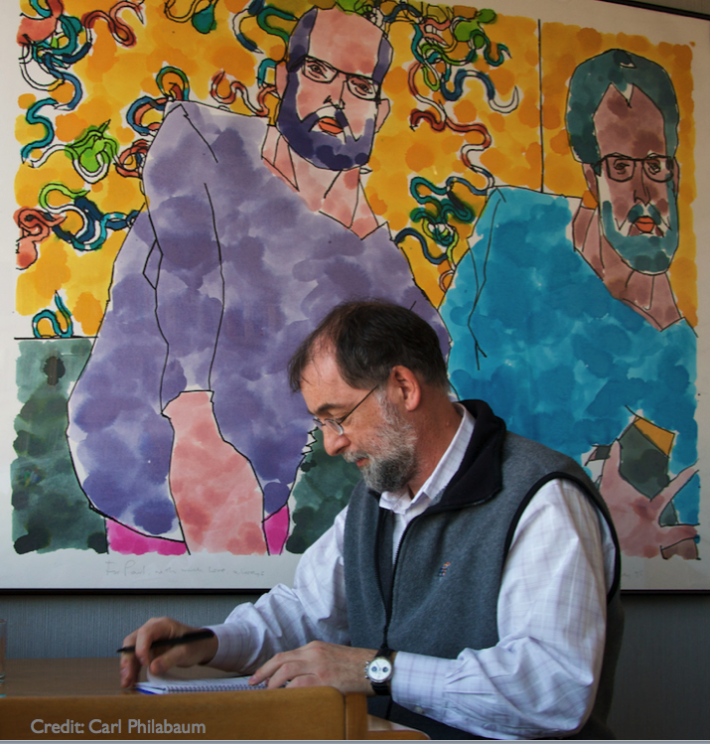Beyond Big Data
8th February 2017
2:00 pm - 3:30 pm
L.T, 1.5 Kilburn Building, The University of Manchester, Oxford Road, Manchester, United Kingdom.

Abstract:
Cognitive limitations, fragmented literatures and ultra-specialization all make it hard for humans to understand very complicated systems. The Defense Advanced Research Projects Agency (DARPA), part of the US Department of Defense, initiated the Big Mechanism program to develop technology to help humans build causal, mechanistic models of such systems. The first challenge problem for Big Mechanism is the intracellular signaling pathways that give rise to cancer, specifically Ras-driven cancers. By combining modeling methods from systems biology with machine reading and other AI technologies, it is now feasible for machines to read the primary literature, extract fragments of signaling pathways, assemble these fragments into networks of unprecedented size, and use these to simulate the effects of drugs. The talk will discuss how these technologies work and why cancer biology is a good challenge problem. It will also expose what Big Mechanism does less well, and technical challenges that we uncovered during the program, and prospects for extending Big Mechanism to domains such as food security and migration.
Refreshments will be available from 3pm in Kilburn Staff Common room.
Biography:
Paul Cohen is a Professor at the University of Arizona on leave at DARPA, where he designed and directs the Big Mechanism and Communicating with Computers programs. His research is in Artificial Intelligence and Cognitive Science. Prior to joining DARPA, Paul founded the School of Information: Science, Technology and Arts at the University of Arizona, and served as head of Computer Science, there. Paul is a Fellow of the Association for Advancement of Artificial Intelligence.
